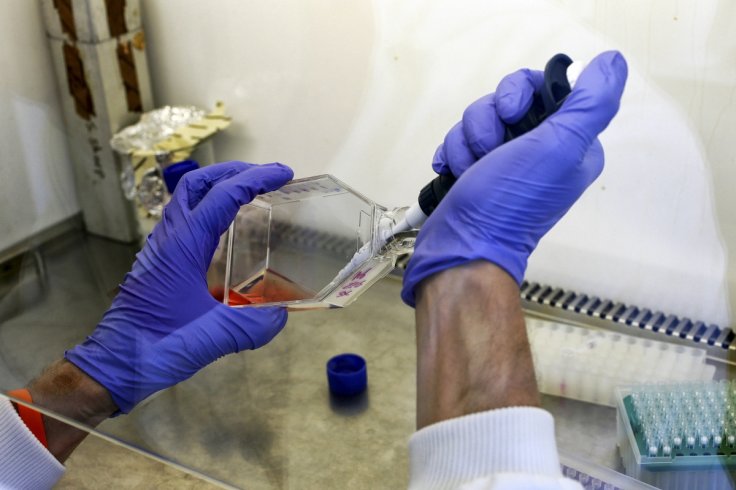
There are several types of cancer that start to provide symptoms from a very early stage. While breast cancer patients have witnessed a lump on their breast area, people suffered from skin cancer have seen unusual moles or any unusual spot that changes colour on their bodies. But, symptoms of head and neck cancers usually cannot be seen from outside.
Such cancers actually develop in the internal surfaces of the voice box, tonsils, tongue, throat and palate. In Singapore, there are two forms of head and neck cancers that are very common and these are, Head and neck squamous cell carcinoma, which can be developed in the oral cavity, tongue, tonsils, or throat. The second one is, Nasopharyngeal carcinoma (NPC), which affects the upper part of the throat behind the nose and this area is called the nasopharynx.
What are the symptoms of head and neck cancers?
- Oral cavity: White or red patch on the gums, the tongue, or the lining of the mouth as well as swelling of the jaw that causes the uncomfortable appearance of dentures. The affected person can also witness an unusual bleeding issue or pain in the mouth.
- Pharynx: People may become uncomfortable while breathing or speaking. It may cause the swelling and continuous pain in the neck or the throat. In such cases, people may also have frequent headaches, pain, or ringing in the ears; or trouble hearing.
- Larynx: Pain when swallowing or ear pain.
- Paranasal sinuses and nasal cavity: Chronic sinus infections that do not respond to antibiotic treatment, as well as bleeding through the nose, frequent headaches, swelling or other trouble with the eyes and pain in the upper teeth or problems with dentures.
- Salivary glands: Swelling under the chin or around the jawbone, numbness or paralysis of the muscles in the face, or pain in the face, the chin, or the neck that does not go away.
What are the symptoms of Nasopharyngeal carcinoma (NPC)?
- Lump in the neck: This is the most common symptom.
- Blurry or double vision
- Ear infections that recur
- Unexplained face pain or numbness
- Headache
- Hearing difficulty, ringing in the ears, or a feeling of fullness in the ear
- Difficulty opening mouth
- Sudden nosebleeds and Stuffy nose
- Sore throat
Dr Ang Peng Tiam, medical director and senior consultant in medical oncology at Parkway Cancer Centre said that there does not appear to be any genetic relation that is associated with cancers of the head and neck. But, he advised that people, who consume 50g or more of alcohol a day are three times more at risk than none drinkers. He also added that radiation exposure, inhalation of dangerous substances like asbestos, wood or nickel dust, poor oral health and hygiene, and the human papillomavirus (HPV) infection, would cause the head and neck cancers.
"The use of HPV vaccines is likely to reduce the risk of squamous cell carcinoma of the head and neck. However, for someone who already has HPV infection, it is uncertain whether the vaccines will alter the risk of developing head and neck cancers." Said Dr Ang, reported by Channel NewsAsia.
He added, "There are no specific oral health measures that one should take – like using mouthwash or avoiding tongue piercings – that would reduce the risk of developing head and neck cancers."
How are head and neck cancers treated?
The treatment depends on various facts such as the location of a tumour, the stage of cancer, person's age and general health. The treatment process can include surgery, radiation therapy, chemotherapy, targeted therapy, or a combination of treatments.
But, people with the HPV-positive oropharyngeal cancer may receive different treatment. Recent research has shown that patients with HPV-positive oropharyngeal tumours have a better prognosis and may do just as well on less intense treatment.
How is Nasopharyngeal carcinoma treated?
Such treatment will also depend on tumour location, stage of cancer and overall health. But, usually, this treatment includes radiation therapy, chemotherapy, surgery, biologic drugs, palliative therapy and clinical trials.









